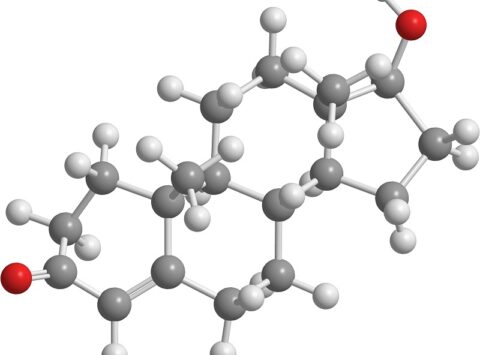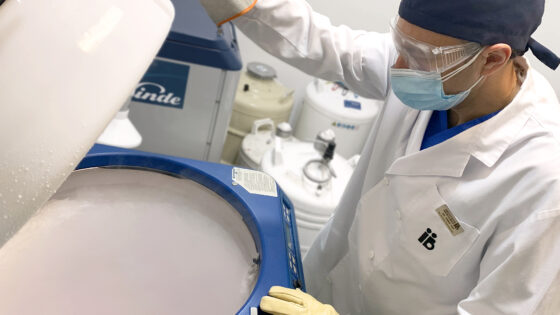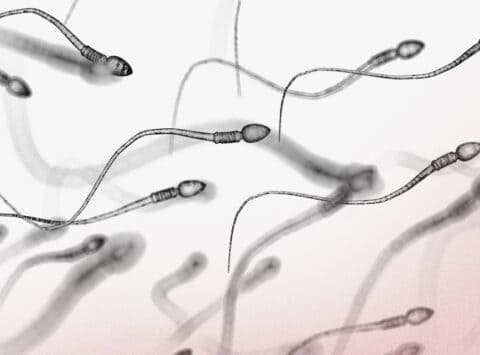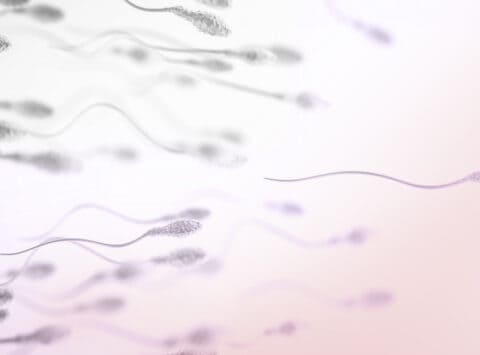Fertility
There’re many reasons why men and women cannot conceive, even after a previous pregnancy. Either due to dysfunctions in the reproductive system or because the gametes have alterations. Discover the different aspects involved and their treatments.

Testosterone and its effect on Male and female fertility
Testosterone is an androgenic sex hormone produced primarily in the testes, however the adrenal glands also secrete small amounts. It’s considered the most important androgen hormone in men, as it influences spermatogenesis, development of secondary […]

Testicle diseases and how they affect the male fertility
Infertility is described by the World Health Organization (WHO) as “a disease of the reproductive system defined by the inability to achieve a clinical pregnancy after 12 months or more of regular unprotected sex.” Therefore, […]

All you wish to know about embryo vitrification
Vitrification allows us to preserve embryos and have them in the future. This technique was incorporated into assisted reproduction and superseded the rest of cryopreservation techniques due to its simplicity and effectiveness. Is there a […]

After having a child, why can I get pregnant a second time?
Secondary Infertility, what is it? “Infertility” is, in general terms, the inability to get pregnant after a year of searching and with a frequency of sexual intercourse of at least 2-3 times a week. The […]

The inner-most layer of uterus covering the uterine cavity is called the endometrium. It is a dynamic tissue and its characteristics vary throughout the menstrual cycle. Its most important function is to engage in dialogue with […]

What is the spermatogenesis about?
Spermatogenesis is the process of the sperm formation, which are male gametes. It takes place in the testicular seminiferous tubules with an approximate duration of 62 to 75 days in the human species. Sperm formation […]

What is hypospermia? How can it be detected? How does it affect my fertility?
The World Health Organization (WHO) indicates that a man has hypospermia when the semen sample he produces when he ejaculates is below 1.5 mL. A semen analysis needs to be performed in order to obtain a diagnosis. This […]

Ovarian drilling is treatment that is given to patients with polycystic ovary syndrome in order to encourage spontaneous ovulation. Polycystic ovary syndrome (PCOS) is a common disorder and the women who have it can have a […]

Fertility preservation in transgender people
The World Health Organization (WHO) defines reproductive health as a complete state of physical, mental and social well-being which implies, among other things, the ability of a person to reproduce and the freedom to decide […]

